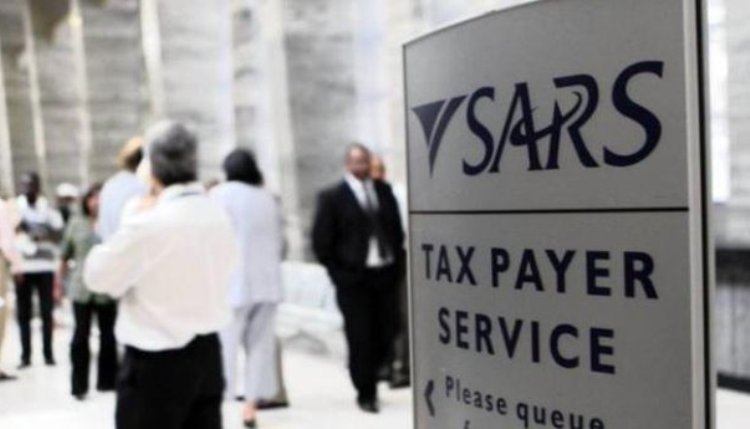SARS Customs scales up digital transformation and increase data usage
The Commissioner reported that the Customs Modernisation Programme led to an improvement in the average case turnaround time on interventions by 22%, as at December 2021.

- Country:
- South Africa
The South African Revenue Service (SARS) Customs division will scale up digital transformation and increase data usage to improve the facilitation of trade, revenue collection and compliance by import and export traders across South Africa’s borders.
The commitment was on Wednesday made by SARS Commissioner Edward Kieswetter at the annual International Customs Day.
Kieswetter said digital transformation and the increased use of data is necessary to combat the increased sophistication of organised crime, and better manage the expanding volume and complexity of international trade.
The Commissioner reported that the Customs Modernisation Programme led to an improvement in the average case turnaround time on interventions by 22%, as at December 2021.
The programme has also seen frontline interventions come down from an average of 109 hours in March 2020 to 38 hours as at December 2021. It also reduced the stop rate for Authorised Economic Operators by 86%, leading to savings in cost and time.
“We have improved our risk-based interventions to detect and deter illicit trade by an average success rate of 54% by the end of December 2021, which has raised an additional R2 billion in revenue.
“As at December 2021, SARS Customs more than doubled the value of seizures compared to the previous year, from R1.5 billion to R3.5 billion, including narcotics, clothing, and textiles,” Kieswetter said.
The SARS Commissioner said several other initiatives, built on increased use of data and expanding the data eco-system, had made significant progress as part of the SMART border concept.
“We are currently piloting the number plate recognition system at Beit Bridge, with the help of key stakeholders such as the Freight Association and Technical Services Providers Association. More than 99% of all cross-border truck manifests are now reported electronically to SARS prior to the arrival of the truck at the border, which includes the truck registration details.”
To extend further practical benefits to traders and increase compliance, the Single Window platform is being implemented, in partnership with Transnet. The platform will allow marine carriers to submit reports once to both entities to improve port efficiencies.
The implementation of this platform will be followed by a National Single Window to enable traders to submit all cross-border documents through a single point of entry to government, and enable other border agencies to view, stop and detain goods for agricultural, health and safety concerns.
“Another project to combat illicit financial flows brings together data from SARS, commercial banks and the South African Reserve Bank,” Kieswetter said.
He commended SARS for starting its journey of modernisation and embracing a technology-enabled and insight-driven culture as part of its operations. However, SARS will need partnerships built on mutual respect, trust and a commitment to serve the greater public good, the Commissioner said.
(With Inputs from South African Government Press Release)










